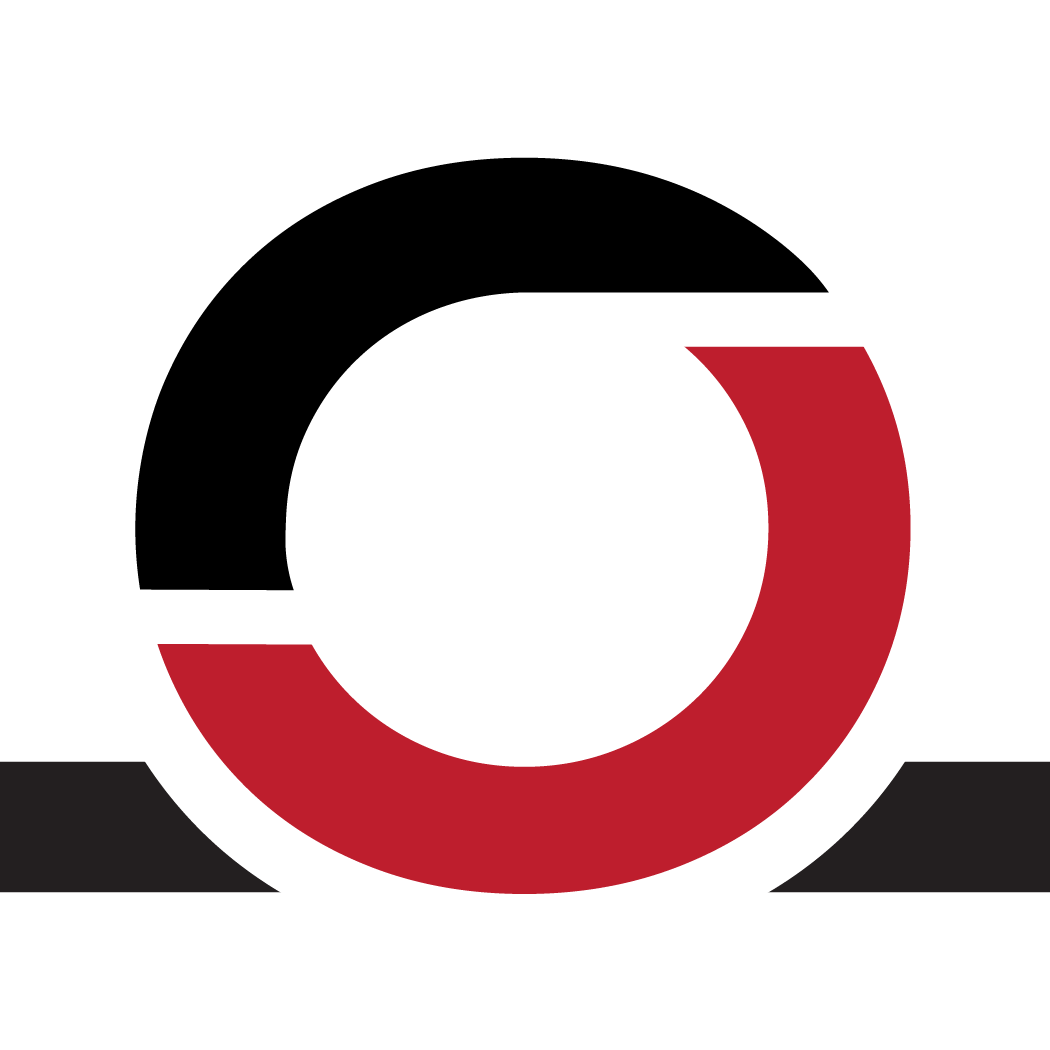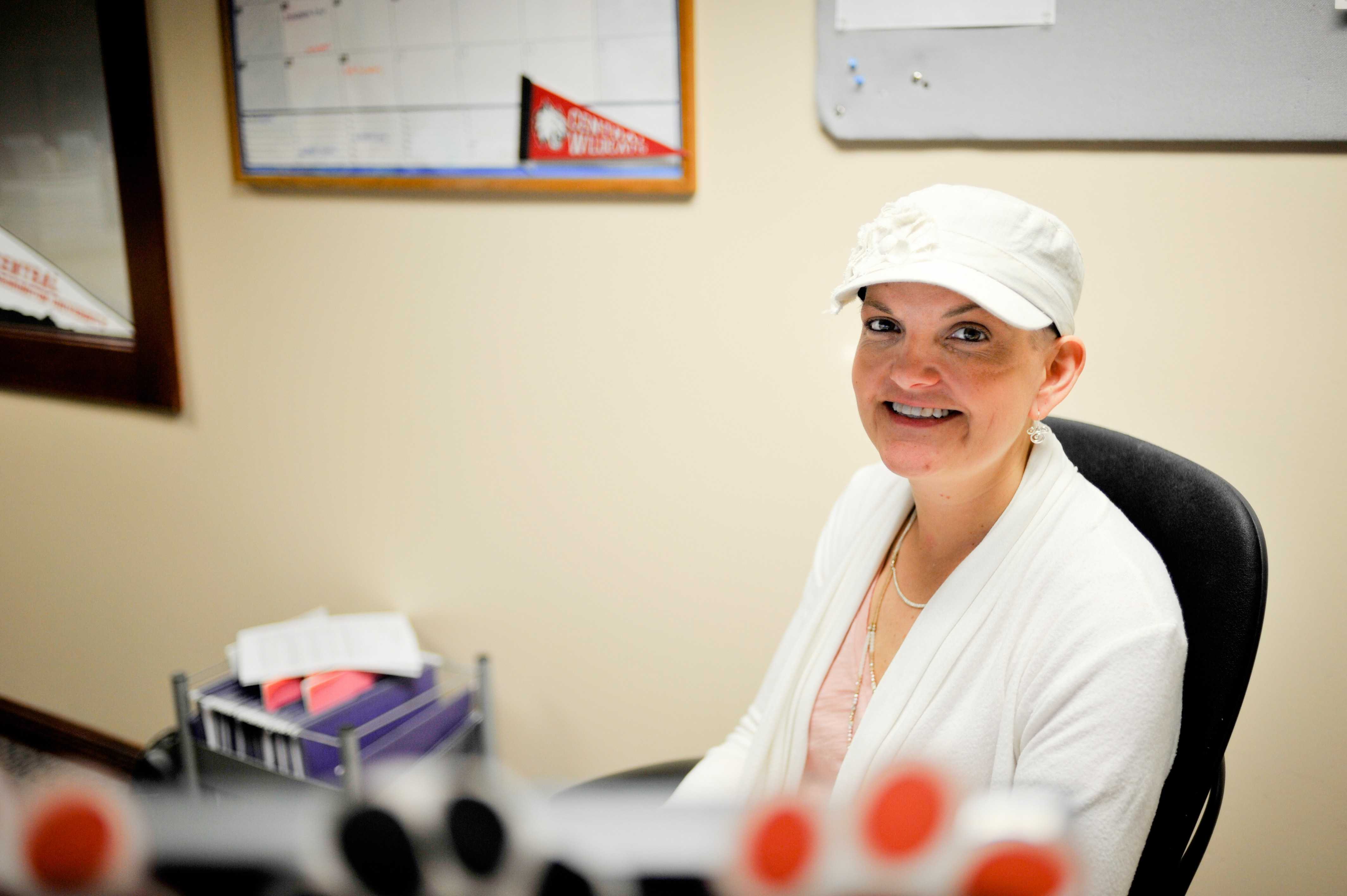Shared leave program helps CWU employees
March 1, 2017
For Janet Campbell, customer service specialist at the CWU Financial Aid office, her diagnosis of breast cancer in October 2016 took her by surprise.
“I’m super healthy. I donated a kidney three years ago because I was so healthy,” Campbell said.
Her discovery has since impacted how much time she can physically spend in the office.
“I have to have surgery, chemotherapy and then more surgery,” Campbell said. “Then radiation and more surgery. Obviously, there’s not enough time off.”
She is being treated at the Seattle Cancer Care Alliance and stays with her family during her weeks of chemotherapy; both are located on the west side of Washington. She is able to do this because of shared leave.
She spoke with gratitude about the CWU shared leave program that allows coworkers to donate vacation and sick leave hours.
“It’s like a godsend not to have to have all of that worry when you have everything else to worry about,” Campbell said. “I have doctor’s appointments, I have my chemo appointments, the pass could be closed.”
On account of snowfall, the pass has been closed seven times since Nov. 30.
“There’s all of these other little things that you worry about and this is one less thing I have to worry about,” Campbell said. “I still get my paycheck, I still have my insurance. I’m not going to have to pay out of pocket for my health insurance.”
In times of tragedy, the shared leave program allows the benevolent and healthy to donate vacation time, sick leave and personal holidays to those in need.
According to Washington law, public employees may donate their accrued leave in cases where an “employee suffers from, or has a relative or household member suffering from an illness, injury, impairment, or physical or mental condition which is of an extraordinary or severe nature.”
Stephen Sarchet, human resources partner and leave specialist, spoke on the specifics of the program.
Donors must themselves retain 80 hours of vacation and 176 hours of sick leave. They may, however, give their personal holiday time in its entirety or just a portion.
He spoke positively about the program, calling shared leave a good safety-net.
“Not only does [serious illness] sack their health and certain things but, pretty fast, it can burn up every bit of the leave they have accrued,” Sarchet said.
Alice Fulleton, office manager of Student Financial Services, also shared her experience as a shared leave recipient.
“He was diagnosed with four months to live with cancer,” Fulleton said in reference to her late husband.
This occurred in August of 2008.
“Cancer can be a horrible, long, drawn out process of dying,” Fulleton said.
During this time she was unable to work as many hours as before for self-evident reasons.
“I used up all of my vacation [and] all of my sick leave,” Fulleton said. “And then my bosses and Cookie donated some shared leave to me so that I could stay home and take care of my dying husband.”
Cookie Ringe, document manager of financial aid, was a donor for both Campbell and Fulleton.
“I just feel that when I donate my time, I know that the person that I give it to would do the same thing for me,” Ringe said.

